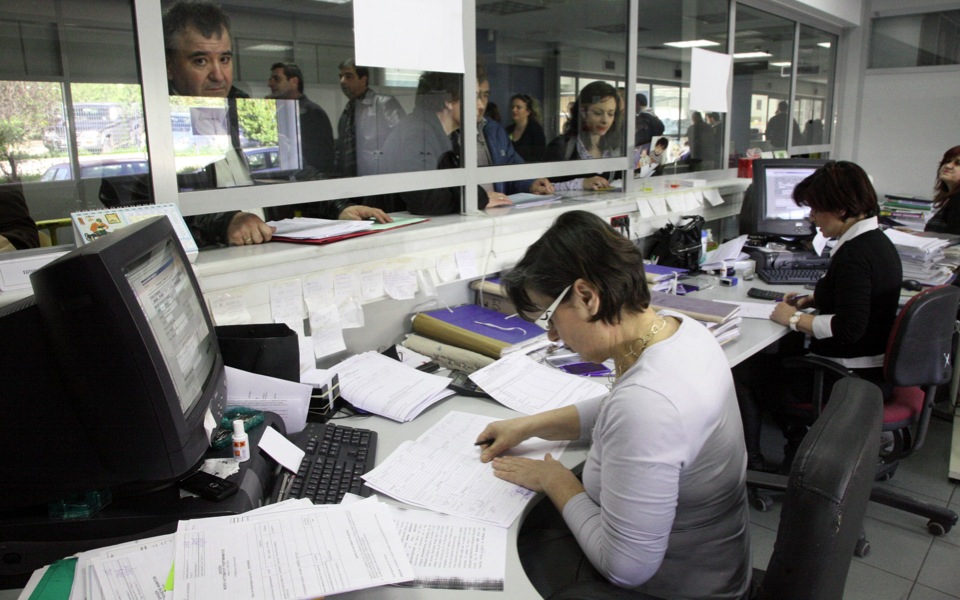A single set of tax rates for all?

Finance Minister Euclid Tsakalotos and his alternate minister, Giorgos Houliarakis, on Wednesday signaled the abolition of tax exemptions that do not benefit those on low incomes, as well as radical changes to income tax rates for salary workers, pensioners and property owners.
Sources say that one of the scenarios under examination concerns the creation of a single set of tax rates for incomes from salaries, pensions, securities and real estate. The plan is for the creation of a tax-free threshold for a small portion of taxpayers, probably those earning up to 9,000 or 12,000 euros per year, as the threshold has not yet been decided. Those on a slightly higher income will have to pay a low rate of tax from the first euro, possibly meaning people earning medium incomes will have to pay about the same amount of tax as they do today.
The same sources note that the self-employed and farmers will continue to be taxed according to a different set of rates than other taxpayers, although talks with the creditors’ technical experts are still ongoing.
Another scenario provides for taxing all sources of income according to the same set of rates, which would see the rates applying to incomes from farming and rentals rising further. In any case, the solidarity tax will be incorporated into the tax rates, while today it is separate.
Houliarakis said that the aim of the tax reform is to reduce inequalities and distribute the fiscal burden better. “We are already working on the revision of income tax, aiming to make it more progressive, to eliminate exemptions that are unfair or obsolete, and to review the issue of tax rate variation based on the source of income, as we believe that it has led to a great loss of revenues,” the alternate minister stated.
The ministry intends to do away with most existing tax exemptions to create a simpler tax system and to offer direct benefits to taxpayers in need. There are 700 tax exemptions which apply today, costing the state budget about 3.6 billion euros per year, including the various value-added tax exemptions that are gradually being abolished.





